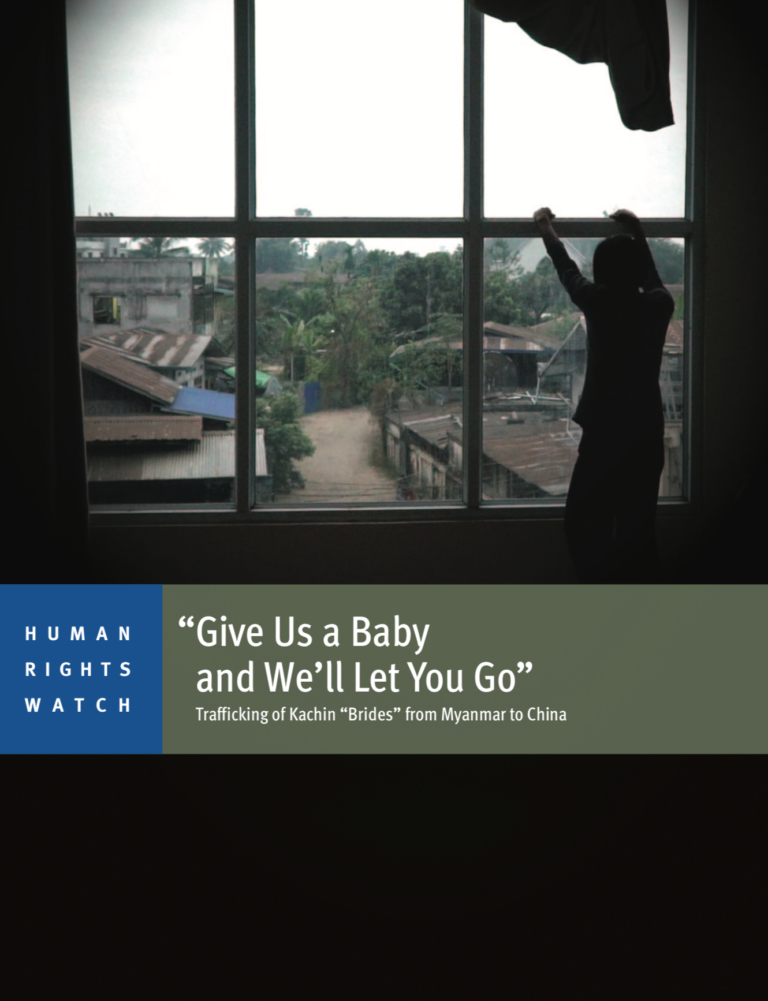Information for agricultural workers on the Seasonal Worker Visa on your rights and support whilst in Scotland
COVID-19 resourcesGuidanceThis leaflet aims to inform migrant agricultural workers on the UK’s‘Seasonal Workers’ Pilot’ in Scotland of your rights and what you cando if you think your rights are not being protected. It also sets outwhat you should do to keep yourself...Read More

